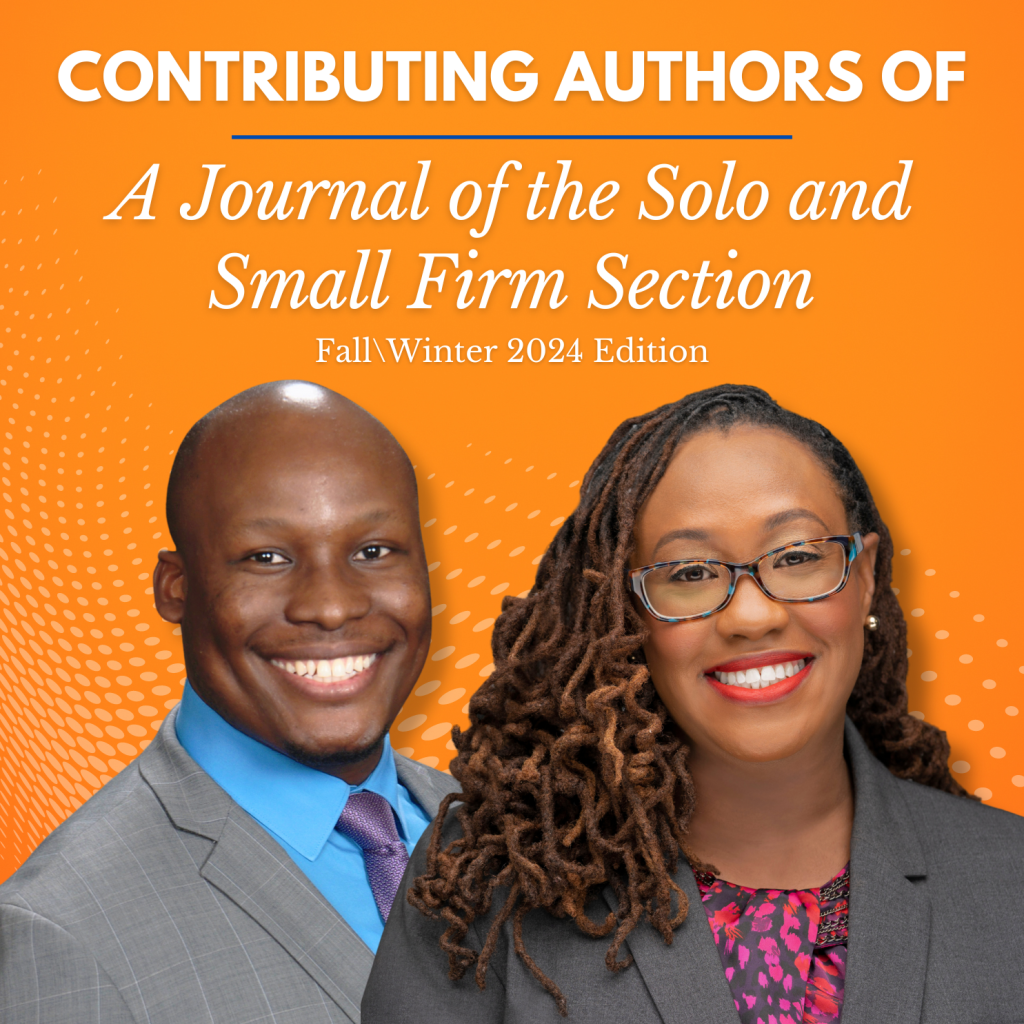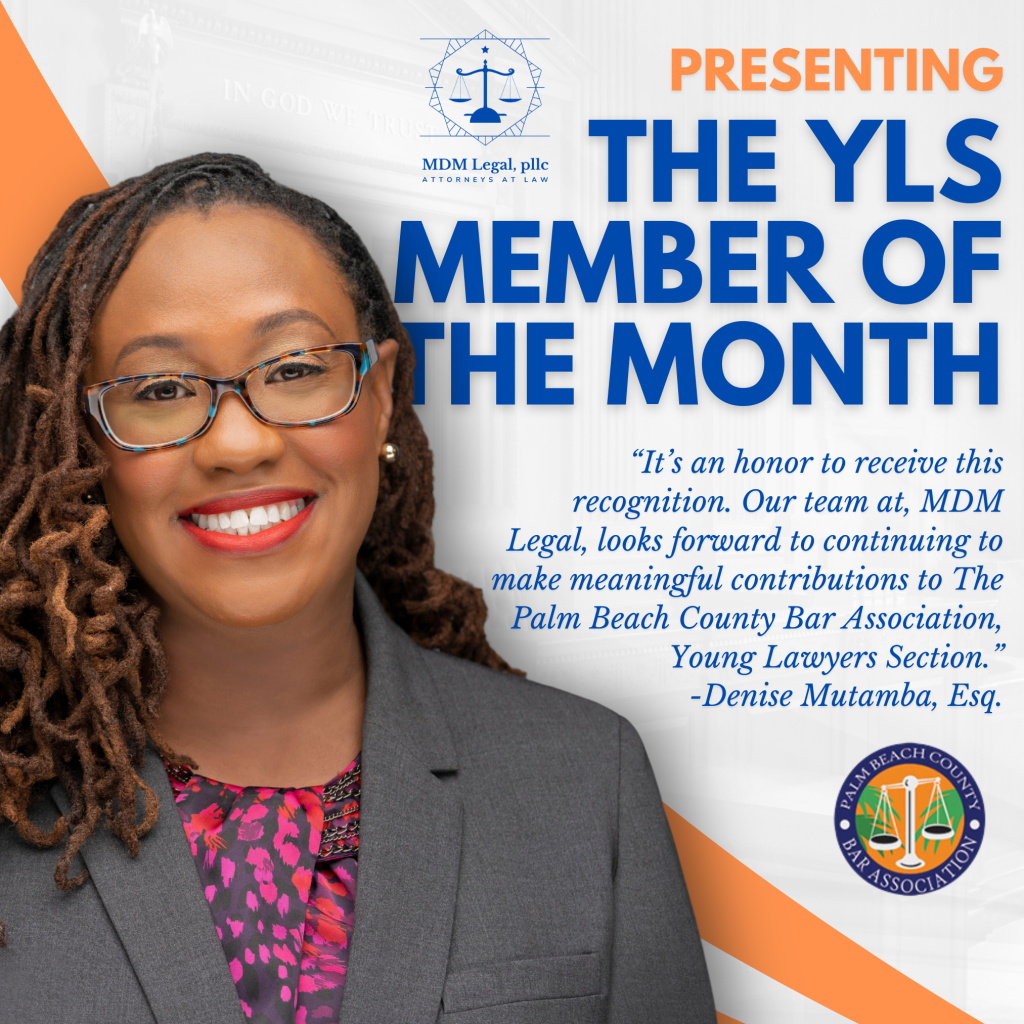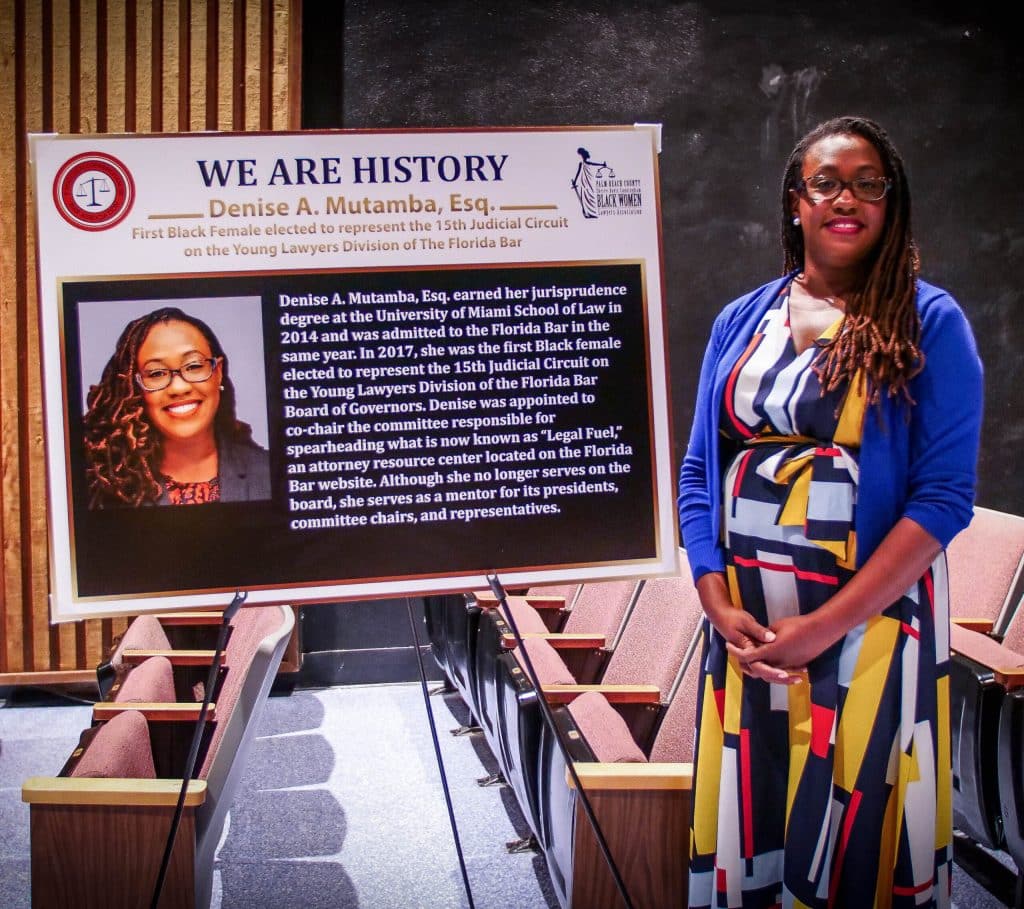The Lion Elastomers Ruling
The NLRB has reversed its course concerning offensive conduct occurring during activity protected under the National Labor Relations Act (NLRA). In the Lion Elastomers decision , the National Labor Relations Board (NLRB) overruled its 2020 decision, known as General Motors, which replaced three previous standards that applied to offensive conduct on the picket line, workers’ interactions with management and workers’ postings on social media and conversations with colleagues. This offensive conduct included, the use of profane, abusive, racist or sexually inappropriate remarks made while striking, picketing, engaging in union activity, or bringing grievances to management. The NLRB ruled that Lion Elastomers’ decision to terminate an employee who got into a heated exchange with managers about working conditions. The employer claimed that the employee’s conduct as so offensive that the firing was warranted, but the NLRB disagreed.
The NLRB overruled a 2020 decision, known as General Motors, which applied to offensive conduct on the picket line, workers’ interactions with management and workers’ postings on social media and conversations with colleagues. Those previous standards protected some outbursts, depending on the severity of the misconduct and the context in which it took place.
What is the Standard After the Lion Elastomers Decision?
After the Lion Elastomers decision, employers can expect the NLRB to rule in a way that is consistent with its pre-General Motors framework. Before General Motors, the NLRB held that picket line misconduct is protected unless “it may reasonably tend to coerce or intimidate employees in the exercise of rights protected under the [NLRA].” Cases applying this standard have found that picket line conduct is unlawful only if it involves an overt or implied threat or where a physical confrontation is likely. Before General Motors, the NLRB applied a “totality of circumstances” standard to misconduct involving social media. This standard analyzed whether social media posts are unprotected on the basis of disparagement or disloyalty to the employer.
In overruling the 2020 General Motors decision, NLRB Chairman, Lauren McFerran wrote, “To fully protect employee rights, conduct during protected concerted activity must be evaluated in the context of that important activity—not as if it occurred in the ordinary workplace context.”
What Actions Should Employers Take?
Employers should first review their employee manual, policies and procedures related to employee conduct. Upon such review employers should determine whether certain employee conduct, when considered concerted, would be so severe that in light of the circumstance the employee would lose protection afforded by the NLRA. Such an analysis should be case-by-case specific and requires a detailed review by a trusted expert.
How Can MDM Legal, pllc Help?
MDM Legal, pllc is ready to help by reviewing your business’ employee manual, policies, and procedures related to employee conduct. We have stayed up to date on changes to the law that affect employee rights under the NLRA and can provide advice, counseling, and training on how your business can remain in compliance.








